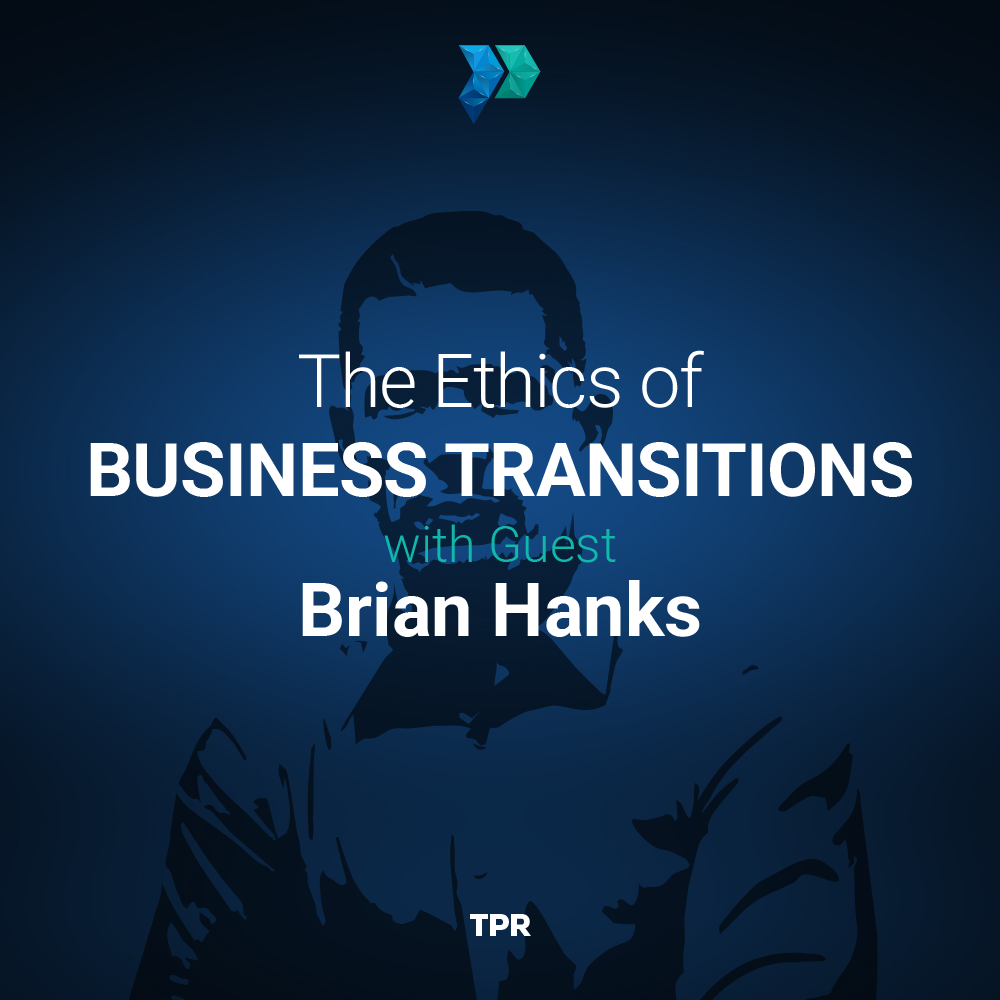What You'll Learn In Today's Episode:
- Use a script to explain the process of success to clients.
- When you don’t know the answer to a question, validate the question and offer to do more research or reach out to additional resources.
- Experience processes from the client’s perspective to improve the user experience and gain credibility and trust.
- Train your team and learn from others’ experiences to enhance your practice.
In this Follow-up Friday episode, Amber recaps the week’s insights into client experience, communication, and process optimization for financial advisors. The episode dives into client communication strategies. Micah’s script for explaining the path to success underscores the significance of credibility and leveraging client references to build trust. He and Matt tackled the challenge of handling unfamiliar client questions, emphasizing the importance of validating inquiries and confidently delivering helpful responses.
Another key takeaway is the value of experiencing processes from the client’s perspective. Jamie advocated for advisors to immerse themselves in these experiences to enhance the overall user journey. She also stressed the importance of training teams to uphold service excellence and emphasize continuous learning from industry peers.
By embracing these principles—from effective communication scripts to firsthand client experiences—advisors can transform their practice, fostering stronger client relationships and elevating service standards.
Resources In Today's Episode:
Read the Transcript Below:
Amber
Hello TPR Nation. This is Amber Kuhn. Thank you for joining me on today’s Follow up Friday where I’ll be recapping this week’s episode highlights and action items. On Monday, Matt and Micah were ready to dive into client communication and answering client questions. Now everything they do is to help the client reach their goals. And to do this they have a process of success. Now where are they searching issues with client communication is when advisors are going outside of that process of success. Micah shared a script that he uses with his clients to help them understand why they do things a certain way. Now a side note that they pointed out was that Micah uses the number of years that he’s been in practice as a point of credibility. But for listeners who are newer Micah recommends that you can use your firm’s power and length of time. And if you’re solo and you don’t have that amount of time, then reference your clients and remove that time. If you’re younger, you can also use it as a positive point, such as talking about the advisors who have mentored you or that you’re going to be there for your clients throughout their entire retirement. Play to your strengths and be ready for questions that you’re afraid of being asked, and makes sure that you practice and roleplay that. They also said that there will always be times where a client or prospective client asks you a question that you either don’t know the answer to or you don’t know how to articulate that answer. You can phrase your response in a way that best benefits the client, and it’s okay to not know everything and see that you want to get them the best answer. Your job is to give clients confidence in their future. So anything that you might be doing that’s pulling back from that confidence is a failure. Because you know a lot of things but you don’t need to know everything. Matt and Micah said to consider how this plays out related to your processes and getting questions. So for example, if a client calls with a question if your team is trained to schedule an appointment and get additional information, that then gives you the opportunity to review the question and information and be prepared to give them a helpful response. They then talked about handling those unknowns because you don’t know what the future will bring. So how do you talk to your clients about cash flow? Micah said if a client is overspending that isn’t your responsibility, but it is your responsibility to tell them under a set of circumstances, how much money they can safely take out and not outlive their money. So you need to know and share the parameters and have a plan for keeping things on track, as well as being ready with a plan when things go off track. So again, when you’re meeting with clients, the guys said that it’s critical you’re instilling confidence with your clients in the path that you’re choosing. They delve a little deeper into when a client asks a question and you don’t know the answer to it. If you simply say, I don’t know, that doesn’t help the client. Instead, you could say that it’s a good question and that you want to do more research or reach out to additional resources to get a good answer for them. That inspires more confidence from the client in you because you’re validating their question and letting them know that you’re going to get an answer for them. You need a system in order to answer questions like that. Another thing to do is when a client asks question, respond by asking them to give you more information. That can help you understand a client’s perspective on their question and learn more about what they’re really asking. And of course, you need to set expectations for when a client will get an answer. Let’s get an action items. Make sure you are practicing. Even if you don’t want to you need to do more of it. You want to know your response as easily as you can say your name and the practice with other successful advisors get answers from those who have the practice that you want. On Thursday, Jamie was talking about lessons learned during this spring Surge but she kicked off by talking about hers and Micah’s first jobs at Shilanski and Associates and doing things from the ground up, which for them was being the janitorial staff. And one of the reinforce lessons they learned early on, was that how you do something is how you do everything. Jamie stressed the importance of advisors doing things from the ground up so that you can speak from experience and also going through the client experience as if you are client. Because if you start thinking of yourself as an advisor and you think of yourself as a client, you’ll start to have very similar questions to those of your clients. Jamie shared a couple of experiences about how having knowledge by going through something yourself. You can then share with a client in a way where you understand what they’re thinking and their concerns and frustrations. It’s one thing to talk at clients about a situation they’re going through, but it’s an entirely different thing to go through the same or similar situation yourself. You’re not going to be able to have every one of your clients experiences but you can use reference and networking with others to help with your advice. Let’s get to the action items. Jamie challenged you to pick a process in your office and go through it like client does step by step. This will give you the opportunity to understand the client’s user experience and learn what worked and what didn’t. And through this it also gives you credibility and trust with your clients. Whether it’s your experience or you’re sharing other clients experiences where you can help them understand that someone else has gone through a situation similar to theirs. This also allows you to refine the experience and make it better for the client. Jamie said use the filter of does this stuff add value and does this enhance the user experience? Everything you do either enhances or takes away from an experience. And lastly, with all of this, you want to make sure that you’re training our team and others as well. Before we go TPR Nation if you’re looking for an opportunity to learn in person from that Matt and Micah, be sure to join us this September at TPR LIVE in Arizona. Visit theperfectria.com/live for more information and to save your spot. That wraps up this week’s recap. Thank you for joining me and please share this or any of our episodes with another advisor or team member that you think might benefit from listening. And be sure to subscribe to The Perfect RIA Podcast so you don’t miss an episode. Until next time, happy planning!








